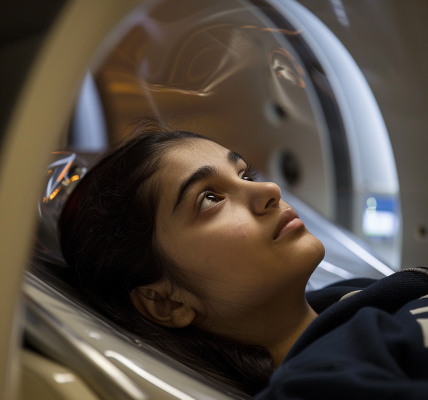Washington state is facing its first outbreak of the deadly fungal infection, Candida auris, with four people testing positive for the rare and potentially fatal pathogen. The state’s health officials have raised concerns as cases of Candida auris have been steadily increasing across the United States since 2016.
The recent cluster of infections in Washington state has prompted heightened vigilance, particularly as Candida auris is known for its resistance to common antifungal medications and its tendency to target individuals with compromised immune systems. The fungus is frequently detected in hospital settings, affecting patients with medical devices such as catheters, breathing tubes, or feeding tubes.
Three of the confirmed cases in Washington were identified in patients at Kindred Hospital Seattle First Hill, a facility specializing in long-term acute care. The infections were uncovered through a proactive screening program designed to detect and address infections before symptoms manifest. Additionally, a fourth patient, previously under the care of Kindred Hospital, tested positive for Candida auris at a healthcare facility in Snohomish County.
According to the Seattle and King County health department, the initial case was reported on Jan. 10, followed by two more on Jan. 22, and the fourth case on Jan. 26. Notably, all but one of the patients had tested negative for Candida auris upon admission to Kindred Hospital, indicating that the infections likely occurred subsequent to their arrival at the facility.
One of the afflicted patients developed a full-blown infection, signifying that the fungus had invaded a part of the body where it could cause symptomatic illness, while the others were found to be colonized with Candida auris, indicating the presence of the fungus on their bodies with the potential for spreading.
The emergence of Candida auris in Washington state underscores the growing threat posed by this resilient pathogen, prompting health authorities to intensify surveillance and infection control measures to prevent further spread within the state and beyond.





